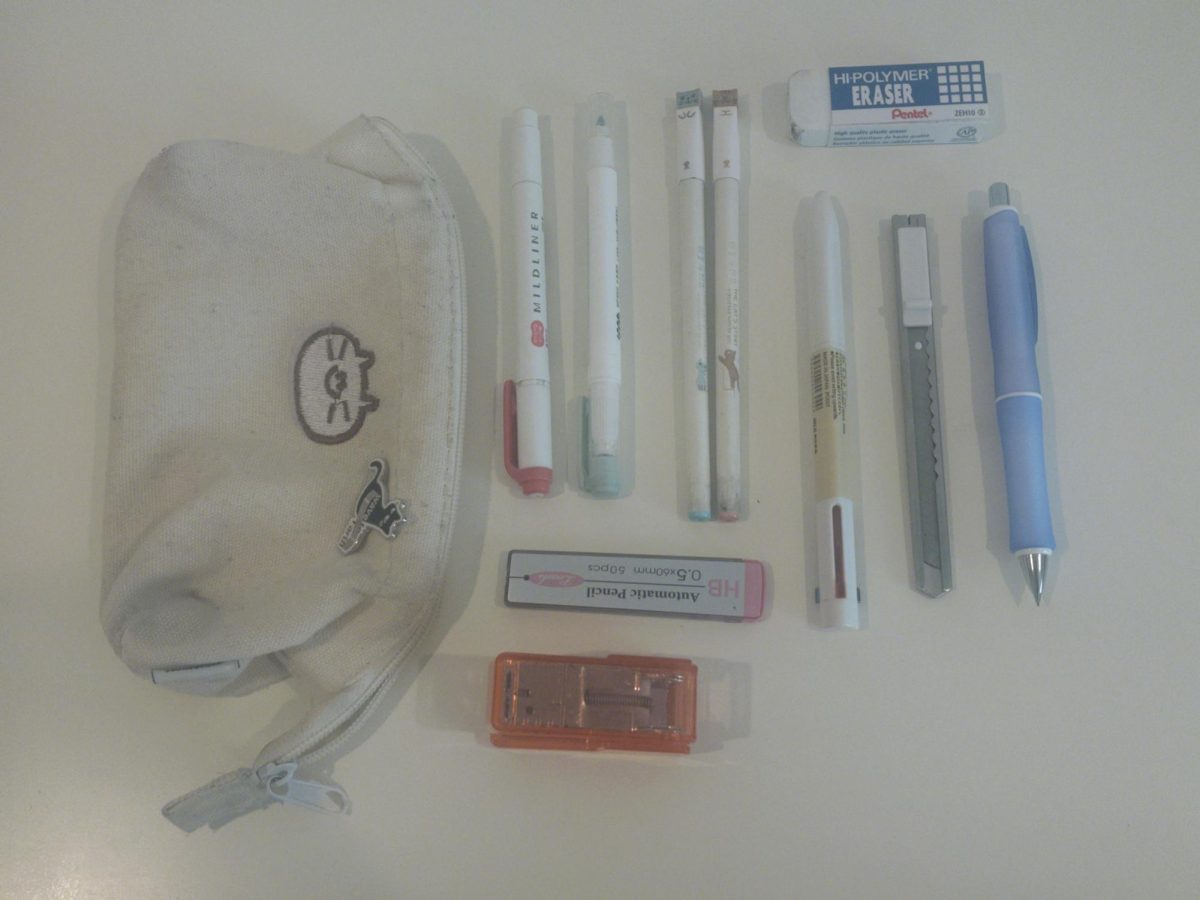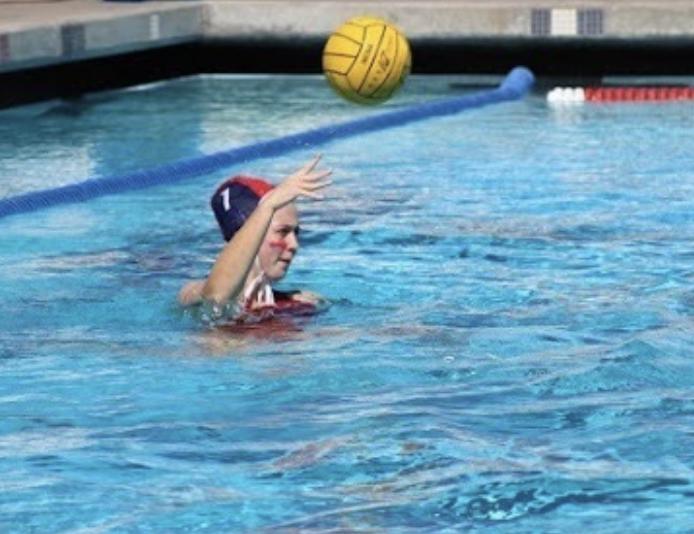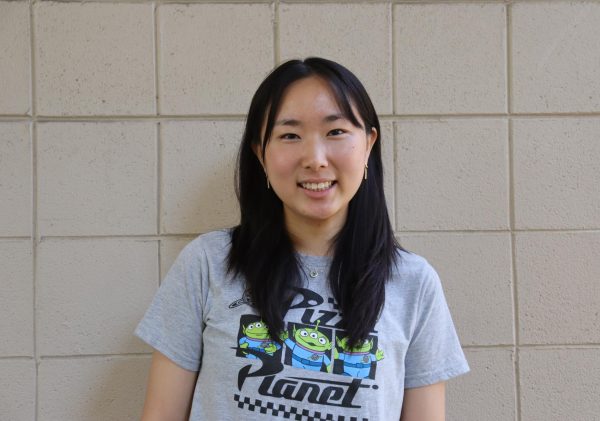On a cool Tuesday evening around 6:30, the sound of chatter and splashes emanated from the YMCA pool as senior Rosie Kline walked along the pool deck, demonstrating stroke techniques and encouraging the young swimmers she was instructing.
As a paid student swim coach at the YMCA, Kline spends most of her Tuesday, Wednesday and Friday evenings coaching competitive swimming at Southwest YMCA in Saratoga. She earns roughly $23 per hour.
Kline learned how to swim when she was around 6 by taking lessons at De Anza Cupertino Aquatics (DACA). Though she remembers being bored during her swim classes, Kline later developed a strong liking for the sport after one of her coaches constantly pushed her to work on harder swim strokes instead of repeating the same easy ones, instilling in her a mindset to always do better.
Kline started competitive swimming in 2019 during her freshman year when she joined the school’s water polo and swim teams. That same year, she also attained her lifeguard certification and has since been recertified every two years.
Kline was hired as a lifeguard at the YMCA in the summer of 2020. A month later, she switched to instructing recreational swimming. At the time, due to COVID-19 restrictions, there were few competitive swimmers to coach, so the YMCA did not need many swim team coaches. But starting in August 2021 after COVID restrictions eased, Kline began coaching the competitive swim team.
“Now that I’m in the same job that my [previous coach] had, I have a chance to be inspiring for all these kids to swim, and make it fun and interesting for them,” Kline said.
On a normal day of swim practice from 6 to 7 p.m., Kline’s students work on their technique and endurance. Practice begins with a warm-up that includes eight 50 meter laps of swimming followed by eight laps of kicking. Swimmers then start their swim sets — a repeat of swim strokes in a given time interval — which are often pre-written by the YMCA’s head coach.
The particular strokes that swimmers vary on a day-to-day basis — on one day they may work on freestyle, while on the next day they may practice an Individual Medley (IM) consisting of butterfly, backstroke, breaststroke and freestyle. The older swimmers — mostly seventh and eighth-graders — are able to watch the clock and time their intervals, while the younger kids — fifth and sixth-graders — need Kline to help send them off. As the instructor, Kline oversees the swimmers and corrects their technique when necessary.
Kline said coaching competitive swimming is a “really rewarding job” because the children are fast learners who improve quickly, especially after she offers them advice. She loves the young swimmers’ funny, friendly personalities, and interacting with them has helped her learn a lot about herself.
Kline recalls a few of her students struggled to swim forward using the breaststroke kick and would wonder what they were doing wrong. After she gave them advice on their form, Kline saw them improve quickly. By working with her students, Kline said she has learned to be more patient with those who struggle more.
“I love seeing kids improve, especially when you can tell that they [were originally] really confused about [what they were supposed to do],” Kline said.
As for her future in coaching, though Kline loves the job and the people she works with, she isn’t too interested in becoming a swim instructor in the future. However, she plans on coaching throughout the summer of 2023. Kline will be attending UC Davis starting from the fall of 2023. If there is a YMCA nearby, she will stay open to continuing it as a college job.
“I love sports and athletics, and I want them to be a part of my life as I get older,” Kline said. “The skills that I gained during this job will definitely last.”




























